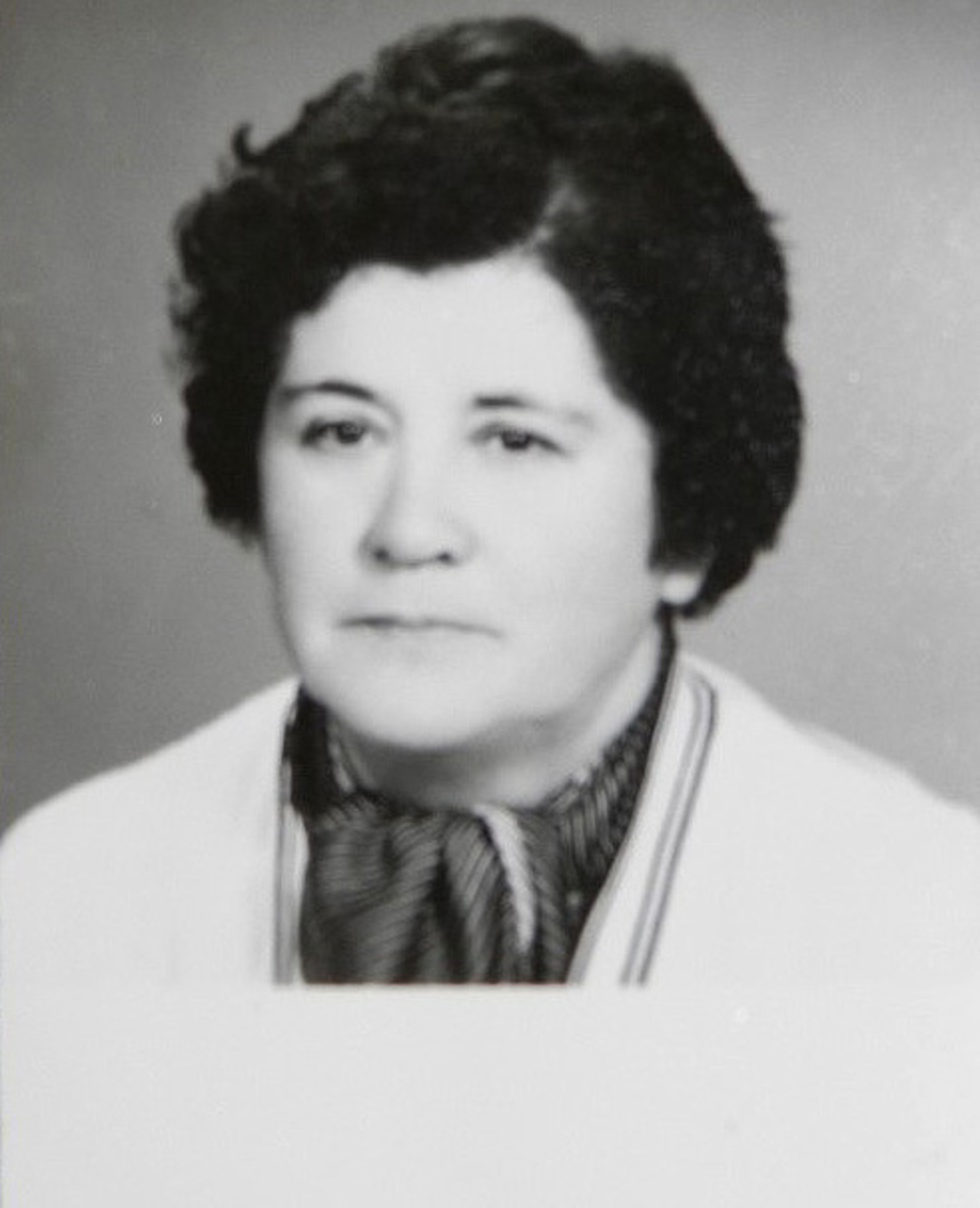Justice is lax at times, the culprits evade all punishment, and only the innocent suffer

Download image
Růžena Smetanová was born on 1 May 1927. She grew up with her parents, grandmother, and her four younger sisters in Žežice near Příbram. During the war she went into training as a seamstress, but because the rent was expensive and business was bad, her mistress closed shop and Růžena did not receive her professional certificate. Her father’s employment at a subsidiary of Baťa opened a path for her to take a course in Zlín. After completing it she was accepted as a stocking stitcher at the Dobříš branch of Baťa’s company; she later moved on to Příbram. In May 1945 she witnessed the execution of captive German soldiers and SS members outside of the Žežice pub. She married in 1946. She and her husband raised a daughter and a son. Her husband suffered from health problems due to his forced labour assignment in Germany during the war. He had worked hard in a mine, and he died in 1969 to his family’s lament. Růžena Smetanová tried out a number of jobs. She worked in a shop, as a collector in a uranium mine, and later as a boiler lady. As a civilian employee of the mines she came in touch with political prisoners of Vojna Labour Camp. She was employed at a post office and in a warehouse of Military Constructions for many years. Although she was entitled to retire, she did not want to sit idle at home, so she found a job in a kitchen. She made the acquaintance of Josef Holeček, and she spent many happy years in his company.











